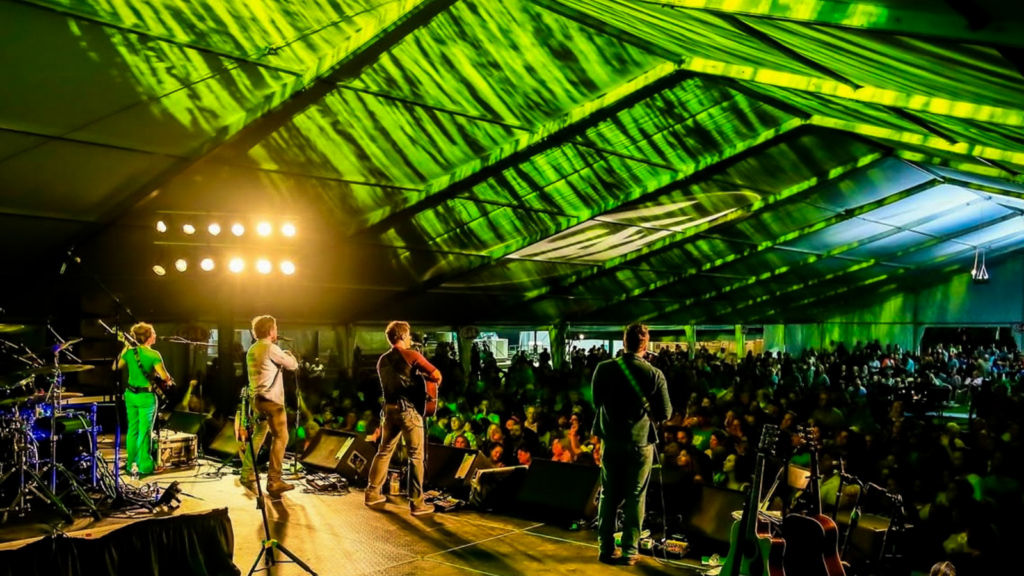Branding is a powerful tool that can make or break a company, but did you know that it can also be used in pop culture? From TV shows to movies to music, branding is a key element in creating a unique identity that fans can connect with. In this post, we’ll take a look at some of the most successful examples of branding in pop culture and what we can learn from them.
TV Shows: Friends
One of the main ways Friends built its branding was through its use of consistent visual cues. From the orange and yellow color scheme of the title sequence and promotional materials, to the iconic Central Perk coffee shop set, Friends created a world that was instantly recognizable to fans. The show also used catchy phrases and memorable moments, such as “How you doin’?” and the Thanksgiving episodes, to further cement its branding in pop culture. Additionally, the use of the Friends logo on merchandise, such as T-shirts and coffee mugs, helped to expand the show’s reach and increase brand recognition.
Movies: Marvel Cinematic Universe
The Marvel Cinematic Universe’s branding is built on a foundation of consistency and world-building. From the opening credits of every movie, which feature the recognizable Marvel logo, to the costumes and designs of the heroes, the MCU creates a cohesive and immersive experience for fans. The use of consistent branding also extends beyond the movies, with tie-in merchandise and comic books featuring the same designs and logos. By creating a shared universe that is instantly recognizable, the MCU has built a loyal fanbase that eagerly anticipates each new release.
Music: Beyoncé
Beyoncé’s branding is built on a combination of visual cues, storytelling, and stage presence. She has created a unique persona, Sasha Fierce, which allows her to explore different aspects of her personality and connect with fans on a deeper level. The use of consistent imagery, such as the honeycomb pattern and the use of black and gold, has helped to establish Beyoncé as a visual icon. Additionally, her live performances are known for their high energy and visually stunning choreography, further cementing her branding as a powerful and dynamic performer. By creating a distinct image and using it consistently across all touchpoints, Beyoncé has become one of the most recognizable and successful music artists of all time.
What Can We Learn?
So what can we learn from these successful examples of branding in pop culture? Firstly, consistency is key. By using consistent branding across all touchpoints, such as logos, music, and set design, fans can easily recognize and connect with a brand. Secondly, storytelling is important. By creating a narrative around a brand, whether it’s a TV show, movie, or music artist, fans can engage with the brand on a deeper level and create a sense of loyalty.
Branding is a powerful tool that can be used in pop culture to create a unique identity and engage fans. Whether it’s the iconic logo of Friends, the immersive world of the MCU, or the narrative of Beyoncé’s music, successful branding can make a big difference in creating a successful franchise or artist. So next time you’re watching your favorite TV show or listening to your favorite artist, think about how branding has played a role in creating that experience.
































